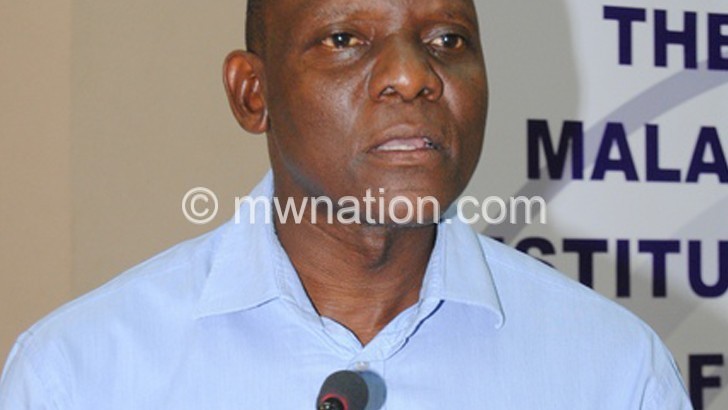Diplomats clinging to embassies
Taxpayers will continue paying salaries and allowances for some recalled diplomats holding on to their positions at various embassies.
Minister of Foreign Affairs and International Cooperation Francis Kasaila has since warned that government can strip off the diplomatic status of those resisting to come home.
“The position of the ministry is that each diplomat is aware in advance about when their contract is coming to an end and should have prepared for their departure.

“We are enforcing [compliance] by stopping payment of allowances and in some cases withdrawing diplomatic status,” he said of the 20 recalled diplomats who are yet to return home.
The list of the recalled diplomats we have seen shows that some of them are attachés whose contracts expired as far back as 2009, but 10 years down the line, they are still at the embassies on government payroll.
According to sources at the Ministry of Foreign Affairs, the diplomats have been defying government directive to come home despite several reminders.
Kasaila could not explain why the diplomats are still on government payroll when they were recalled.
During the 2016/17 financial year, government recalled 89 diplomats after Parliament appropriated K1 billion for the ministry to implement the recall programme. Only 69 diplomats returned while 20 stayed put.
Former PS for the ministry Isaac Munlo told a Parliamentary Committee on International Relations on November 8 2017 that the funds had been exhausted; hence, not all the diplomats could come back home.
The remaining 20 diplomats were expected to be recalled during the 2017/18 financial year as Parliament approved K400 million more for the exercise, according to a presentation by Munlo.
However, the 20 diplomats are still abroad and officials at the Ministry of Foreign Affairs could not explain how the K400 million meant to repatriate them was used.
In an interview, former Parliamentary Committee on International Relations chairperson Alex Major indicated that Parliament was also concerned that despite funds being made available, the diplomats were yet to be recalled two years later.
He pushed the blame on the Executive, arguing that issues of expiry and renewal of contracts for ambassadors and diplomats was being handled “unprofessionally” as evidenced by the mess currently being experienced at embassies.
“Those diplomats are abroad illegally because they don’t have a contract with government. The appointing authority should own the problem because even Parliament is not notified on some of the changes as should be the case,” said Major.
But the ministry’s Principal Secretary, Ben Botolo, attributed delays to recall ambassadors and diplomats after their tenure of duty to financial constraints.
He could not explain how government is still paying their salaries and allowances, yet it has no money to repatriate them.
Governance and policy expert Rafiq Hajat, in a telephone interview, heaped the blame on the Executive for negligence.
“By paying diplomats who are living abroad and enjoying a better lifestyle than 90 percent of Malawians and allowing that state of affairs to continue even after expiry of contracts, is indeed total profligacy,” he said.





